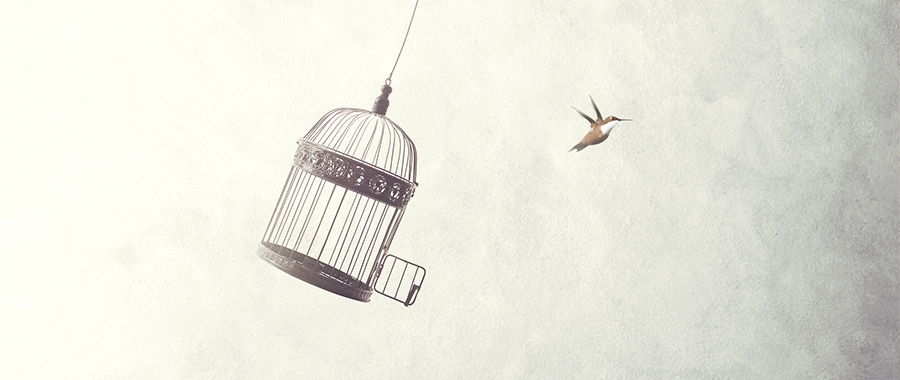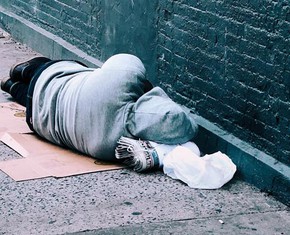The views expressed in our content reflect individual perspectives and do not represent the authoritative views of the Baha'i Faith.
I was reading an editorial the other day that expressed regrets that a liberal democratic order seemed to be in retreat worldwide and that dictatorship, or more authoritarian forms of government, were ascendant. This claim led me to contemplate why this was the case, and to reflect on this topic in the context of the Baha’i writings.
Fundamentally, why are large (and voting) members of society pushing back against an organization of society (liberal democracies) that once seemed destined to embrace much of the planet? Maybe part of the problem is the conflation of the philosophies of “liberty” and “democracy.” These terms are often used together, but, in my view, they are very different ideas with very different implications for how societies are managed. And, the Baha’i writings make those distinctions.
Baha’i models of governance have elements of several existing governing systems—and it has its own unique structure as well—but democracy as a concept is also praised. In his visits to the United States in the early 20th century, Abdu’l-Baha paid tribute to America’s democratic and federal system of governance. For example, at remarks to a congregational church in New York City, he said:
Consider what a vast difference exists between modern democracy and the old forms of despotism. Under an autocratic government the opinions of men are not free, and development is stifled, whereas in democracy, because thought and speech are not restricted, the greatest progress is witnessed. It is likewise true in the world of religion. When freedom of conscience, liberty of thought and right of speech prevail—that is to say, when every man according to his own idealization may give expression to his beliefs—development and growth are inevitable. – Abdu’l-Baha, The Promulgation of Universal Peace, p. 197.
Merriam-Webster’s dictionary definition of a democracy is a “government in which the supreme power is vested in the people and exercised by them directly or indirectly through a system of representation usually involving periodically held free elections.”
Elections for local Baha’i councils are held in a very democratic and grassroots way in that every eligible member of the community votes by secret ballot—free of campaigning—for those who are viewed to have the greatest spiritual capacity for these roles. So, in short, democracy in its pure form—not in the divisive partisan politics often assuming its name—is lauded in the Baha’i writings.
“Liberty,” however, is another conversation. Liberty of thought (such as in the paragraph above) is valued, as is the liberty required in Baha’i consultation for members to share their views freely. However, the Baha’i writings also make it clear that liberty can be problematic when taken to extremes. Baha’u’llah wrote:
It is incumbent upon them who are in authority to exercise moderation in all things. Whatsoever passeth beyond the limits of moderation will cease to exert a beneficial influence. Consider for instance such things as liberty, civilization and the like. However much men of understanding may favourably regard them, they will, if carried to excess, exercise a pernicious influence upon men. – Tablets of Baha’u’llah, p. 169.
He further added:
Liberty must, in the end, lead to sedition, whose flames none can quench. Thus warneth you He Who is the Reckoner, the All-Knowing. Know ye that the embodiment of liberty and its symbol is the animal. That which beseemeth man is submission unto such restraints as will protect him from his own ignorance, and guard him against the harm of the mischief-maker. Liberty causeth man to overstep the bounds of propriety, and to infringe on the dignity of his station. It debaseth him to the level of extreme depravity and wickedness. – Baha’u’llah, The Most Holy Book, p. 63.
Baha’u’llah then went on to write that “true liberty” consists of man’s submission to the will of God and His commandments. Real freedom and liberty in the Baha’i view then requires obeying laws and accepting limits on behavior that, ultimately, can help individuals and societies to thrive—via the process of learning to subdue one’s baser instincts and to use one’s gifts to serve, and advance, the larger community.
With this viewpoint in mind, it is perhaps not surprising that a philosophy of freedom without limits—an increasing hallmark of contemporary Western thought—is not accepted by everyone (both within countries and between them). So, in this context, contemporary global trends make sense. A more dispassionate reflection on definitions of terms like “liberty” and “democracy,” the insights offered by the Baha’i writings, and a willingness to question current assumptions can conceivably shed some light on the challenges—and possibilities—of governance in our times.
















Comments
Sign in or create an account
Continue with Googleor